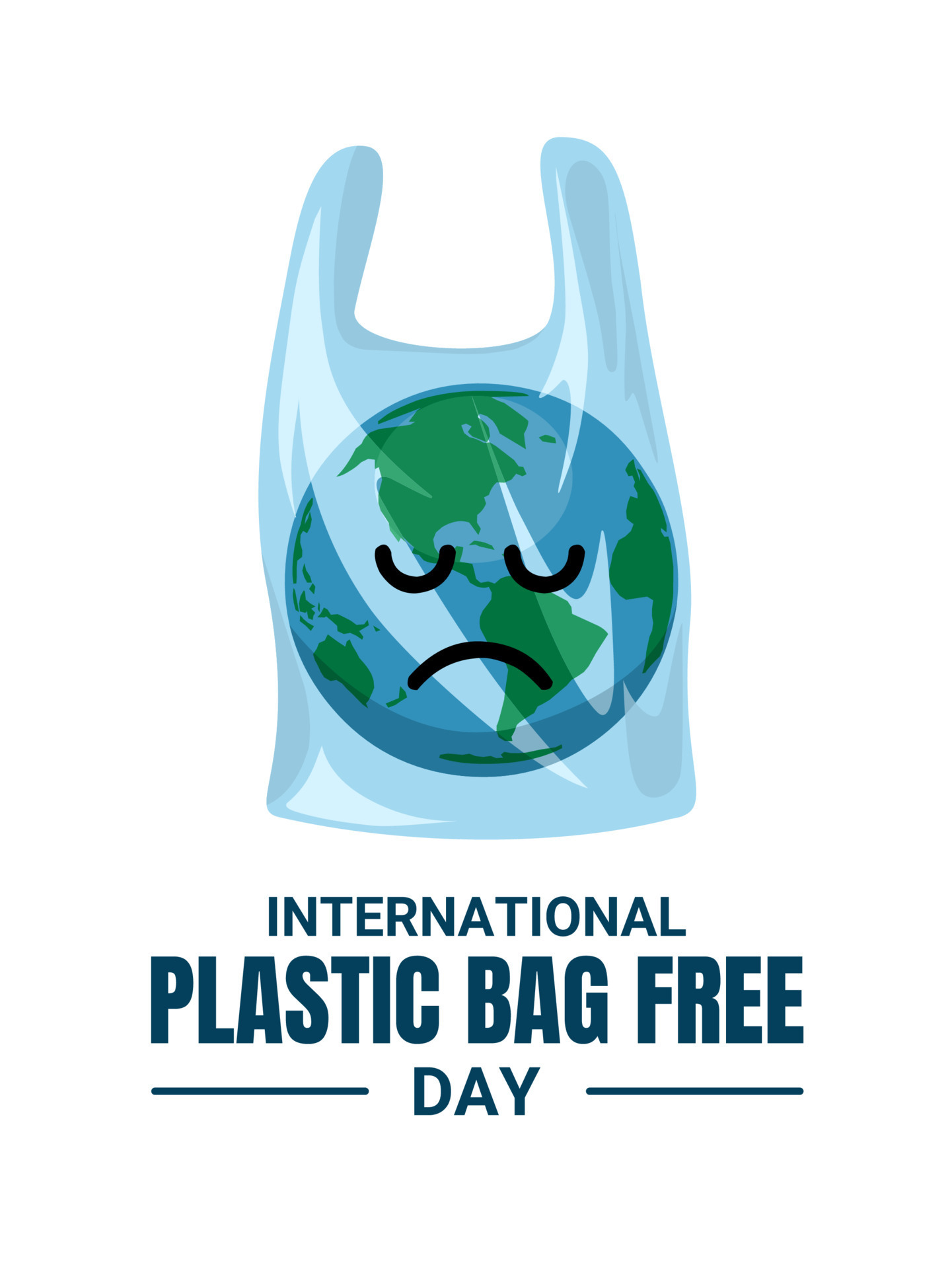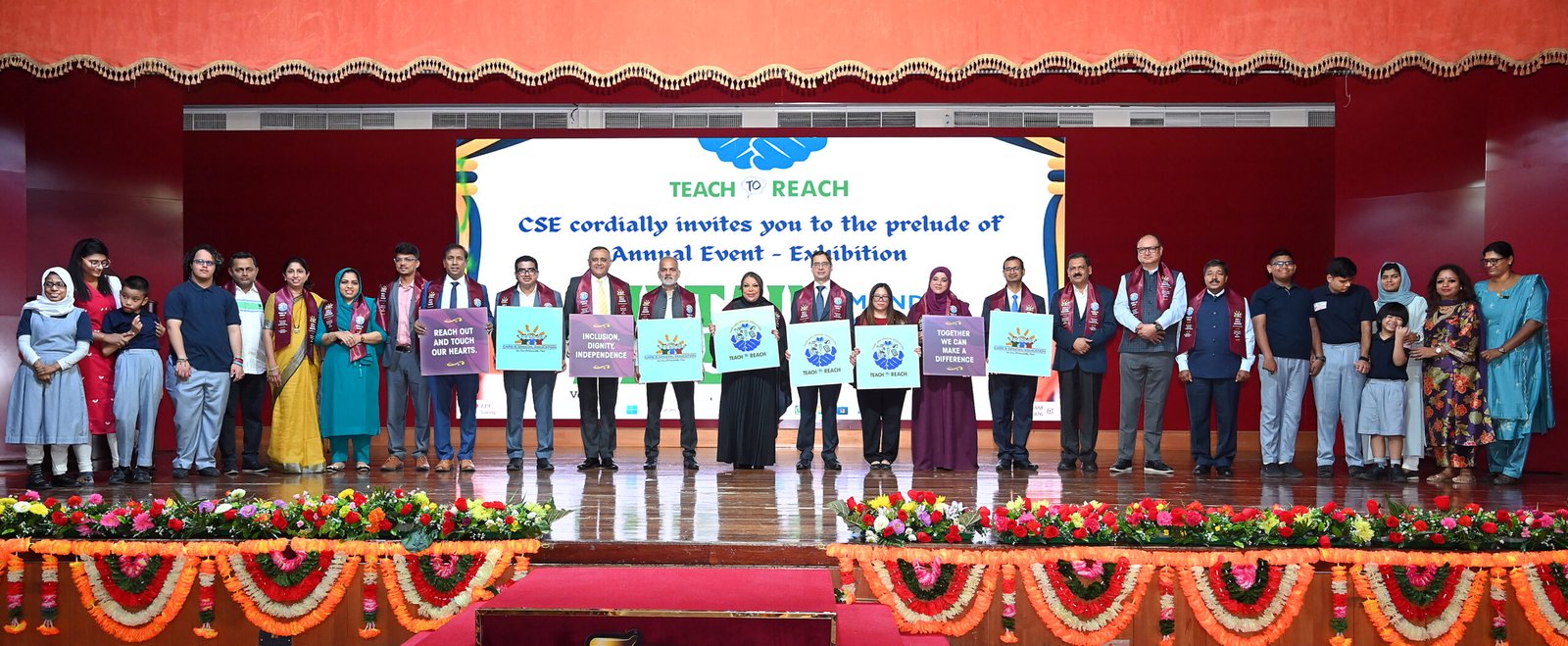Reducing Plastic Waste for a Sustainable Future
International Plastic Bag Free Day, also observed on July 3rd, is a global initiative aimed at reducing the use of single-use plastic bags and promoting environmentally friendly alternatives. This day underscores the urgent need to address plastic pollution, which poses significant threats to ecosystems, wildlife, and human health.
Origins and Objectives
The movement to establish International Plastic Bag Free Day stems from growing concerns about plastic waste and its impact on the environment. The primary objectives of this day include:
- Raising Awareness: Educating the public about the detrimental effects of plastic bags and the benefits of reducing their use.
- Encouraging Behavior Change: Motivating individuals to adopt sustainable practices, such as using reusable bags.
- Promoting Policy Changes: Advocating for regulations and policies that limit or ban single-use plastic bags.
The Problem with Plastic Bags
Plastic bags are one of the most pervasive forms of pollution worldwide. Their negative impacts include:
- Environmental Degradation: Plastic bags contribute to land and marine pollution, disrupting ecosystems and harming wildlife.
- Resource Consumption: The production of plastic bags consumes non-renewable resources and energy, contributing to carbon emissions.
- Health Hazards: Microplastics from degraded plastic bags enter the food chain, posing health risks to humans and animals.
Strategies to Combat Plastic Bag Pollution
International Plastic Bag Free Day promotes various strategies to reduce plastic bag usage and mitigate pollution:
- Reusable Bags: Encouraging the use of durable, reusable bags made from materials like cotton, canvas, or recycled plastics.
- Biodegradable Alternatives: Promoting the development and adoption of biodegradable or compostable bag options.
- Public Awareness Campaigns: Utilizing media, social platforms, and community events to educate the public about the importance of reducing plastic bag usage.
- Legislation and Policy: Supporting policies that impose restrictions or bans on single-use plastic bags and incentivize sustainable alternatives.
- Corporate Responsibility: Urging businesses to phase out plastic bags and adopt eco-friendly packaging solutions.
Global Impact and Success Stories
Numerous countries and communities have successfully reduced plastic bag usage through dedicated efforts:
- Bangladesh: Implemented a plastic bag ban in 2002, resulting in significant reductions in plastic waste.
- Kenya: Enforced one of the world’s strictest plastic bag bans in 2017, leading to cleaner streets and waterways.
- European Union: Introduced directives to limit plastic bag distribution and promote reusable alternatives across member states.
- Local Initiatives: Cities and municipalities worldwide have adopted measures like charging for plastic bags or providing free reusable bags to residents.
How to Participate in International Plastic Bag Free Day
- Commit to Reusable Bags: Start using reusable bags for shopping and other purposes, reducing reliance on single-use plastics.
- Educate Others: Share information about the environmental impacts of plastic bags and the benefits of alternatives with friends, family, and community members.
- Support Legislation: Advocate for policies that restrict or ban plastic bags and support sustainable packaging solutions.
- Reduce Overall Plastic Use: Beyond bags, aim to minimize the use of all single-use plastics by opting for reusable containers, bottles, and utensils.
- Organize Events: Host workshops, clean-up drives, or awareness campaigns to engage your community in the plastic reduction movement.
International Plastic Bag Free Day highlights the critical issue of plastic pollution and the collective responsibility to address it. By embracing reusable alternatives, advocating for policy changes, and raising awareness, we can significantly reduce plastic bag usage and protect our environment for future generations. This day serves as a catalyst for lasting change, encouraging sustainable habits that benefit both people and the planet.








